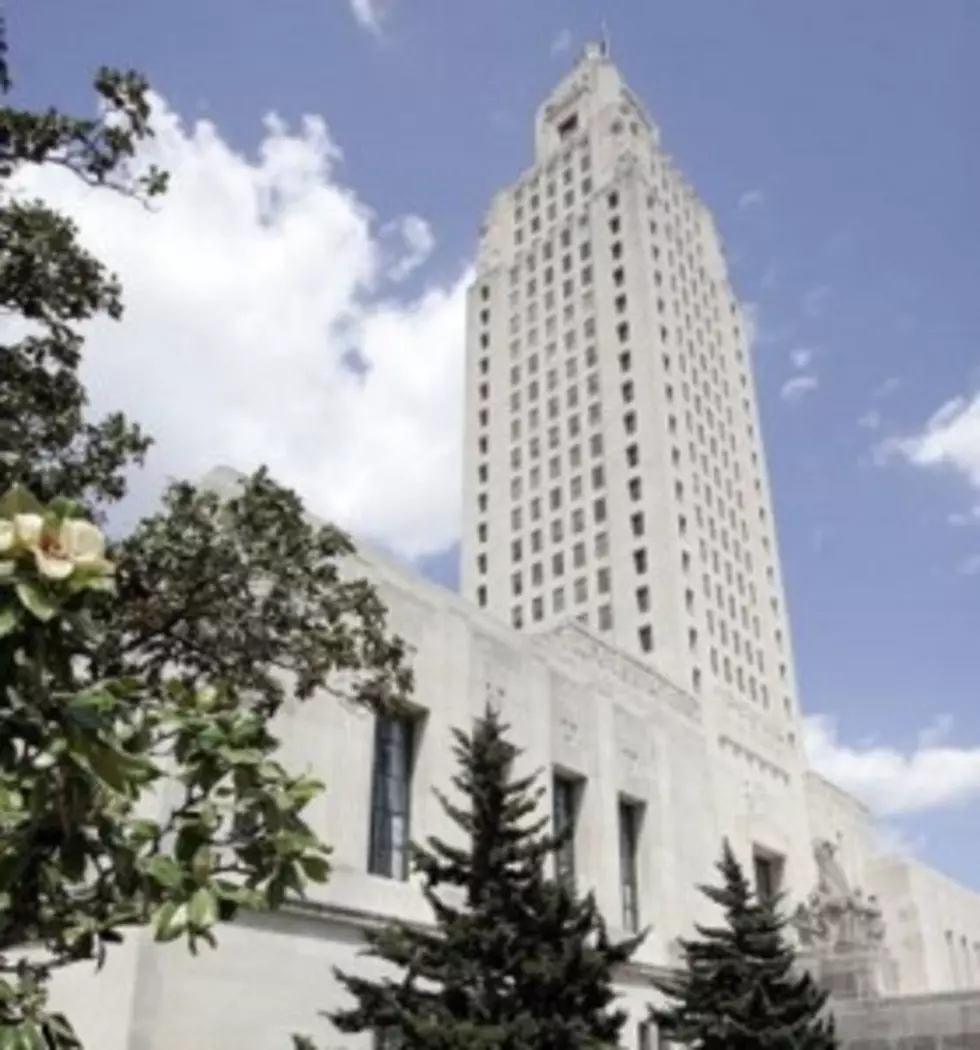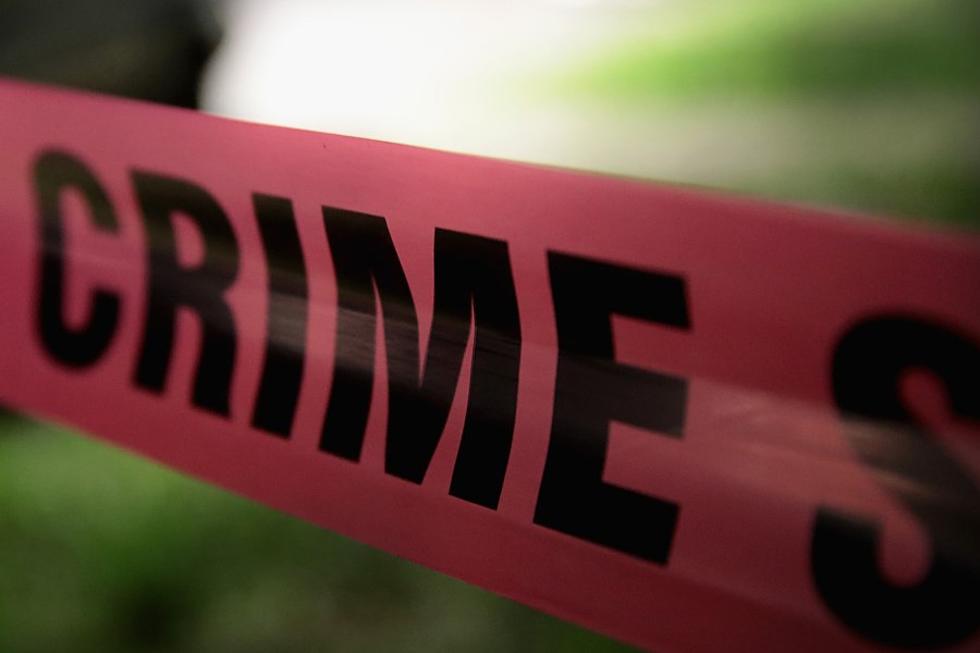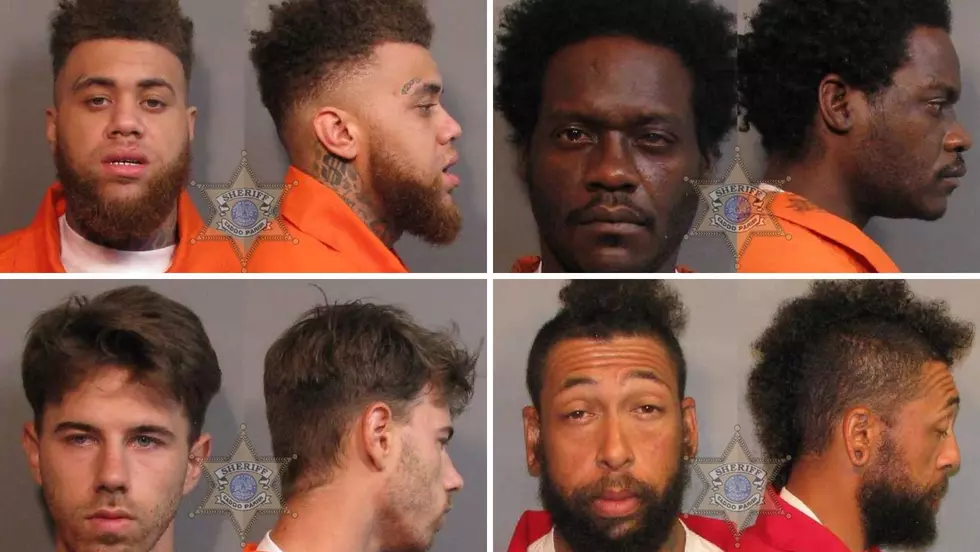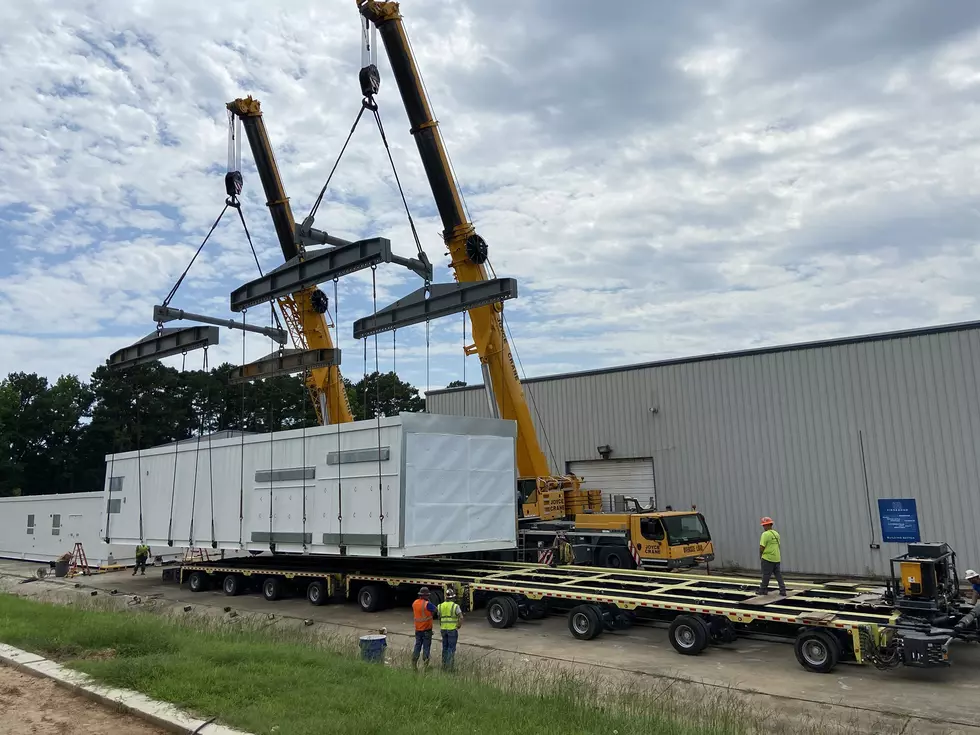
4 Amendments Will Be on the October 24th Ballot-Here’s the Rundown
There are 4 Constitutional Amendments on the October 24th ballot in Louisiana. Here's a look at what each of them will do.
Amendment 1 – Creates a new transportation projects fund and restructures the rainy day fund.
The Public Affairs Research Council says the main purpose of this amendment is to create a constitutionally protected fund for state transportation projects. The amendment converts the state’s Budget Stabilization Fund, which is also known as the Rainy Day Fund, into two companion subfunds: one to fulfill the functions of a Budget Stabilization Fund and the other to become a new transportation fund.
Amendment 2 – Allows the state treasurer the option of investing in the state infrastructure bank.
This would allow the state treasurer to invest with the bank. The state always has money that needs to be invested, such as cash in dedicated funds or tax revenue that is not immediately spent. The treasurer already invests these state monies in interest-earning bonds or other financial tools, and this amendment would give the treasurer a new option by allowing investments in the new infrastructure bank.
Amendment 3 – Provides new guidelines for legislation in a fiscal session
This amendment would allow lawmakers in a fiscal session to “legislate with regard to the dedication of revenue” and to “legislate with regard to taxes.” These provisions allow wider parameters in a fiscal session for the types of tax and revenue bills that can be considered in an unlimited fashion, especially including bills dealing with tax administration, collection, reporting and dedication.
Amendment 4 – Allows local governments to collect property taxes within their jurisdictions that is owned by local or state governments outside of Louisiana
This proposed amendment says that “land or property owned by another state or owned by a political subdivision of another state shall not be exempt” from property taxes. This amendment would make it clear that Louisiana assessors and sheriffs would be required to assess values and collect taxes in their jurisdictions on property owned or used for public purposes by other states or local governments of other states.
Robert Travis Scott of the Public Affairs Research Council joins us on KEEL this morning at 7:10 AM to give you a better look at these proposals.
More From News Radio 710 KEEL









